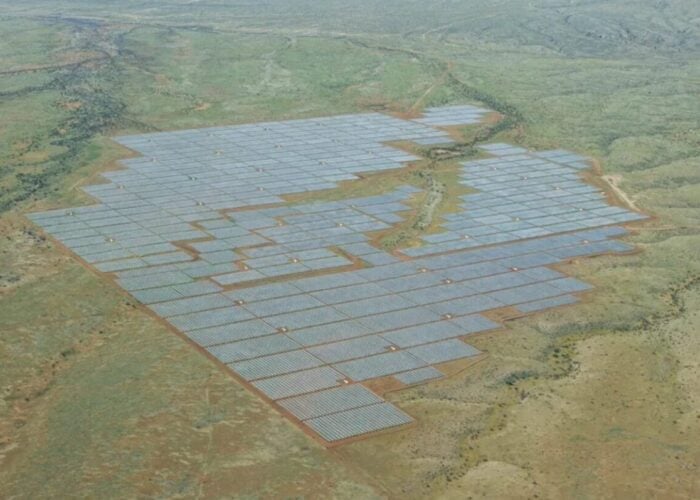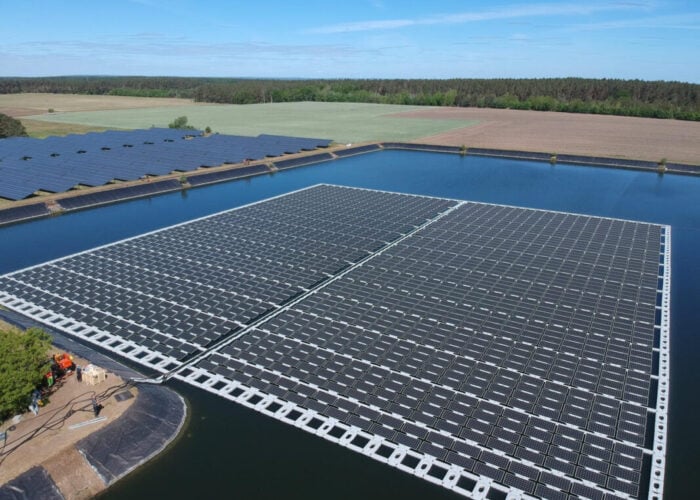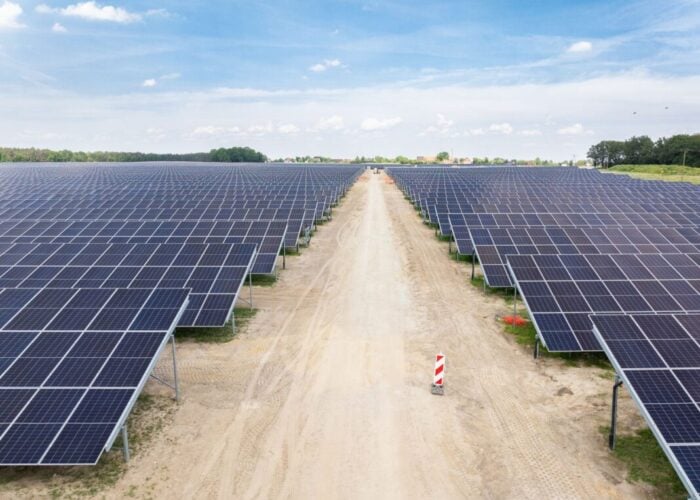It has been an interesting month for Australia in terms of renewable energy policies, with the to-ing and fro-ing of whether the country’s Carbon Pollution Reduction Scheme (CPRS) legislation will pass or not.
The CPRS consists of two major elements: the Emissions Trading Scheme (ETS) and the Renewable Energy Target (RET). As the Solar Credits program, which provides financial incentives for the purchase of solar power systems, is a part of the RET, the bill’s failure to pass meant a continued stalling to funding being made available for the program.
Unlock unlimited access for 12 whole months of distinctive global analysis
Photovoltaics International is now included.
- Regular insight and analysis of the industry’s biggest developments
- In-depth interviews with the industry’s leading figures
- Unlimited digital access to the PV Tech Power journal catalogue
- Unlimited digital access to the Photovoltaics International journal catalogue
- Access to more than 1,000 technical papers
- Discounts on Solar Media’s portfolio of events, in-person and virtual
Things looked bleak, as the ETS and RET legislation was shot-down on the 13th August. Part of this legislation was the Solar Credits Program, yet without the legislation passing, there would be no funding, and therefore no program.
This of course caused a discrepancy, at which point those in favour of the legislation began to fight back. Energy providers refused to penalize their customers at the hands of “inter-party power plays”. National solar power solutions provider, Energy Matters, was just one company making the best of the situation, offering a series of specials including a maximum price guarantee and a priority install service.
Each day this political squabble continued, Australia’s carbon emissions continued to rise. For some, it became clear that the political point scoring was more important than the underlying environmental issue at hand.
Later in the week, on the 18th of August, after being decoupled from the Australian Government’s failed Carbon Pollution Reduction Scheme, the Renewable Energy Target bill was passed in the House of Representatives; this meant that the REC scheme would also be separated from the failed scheme. By the 19th August, the legislation was again discussed in a debate with the senate. This lengthy discussion that went on into the night seemed likely to come out with the same decision – there would be no legislation passing today.
Yet, quite surprisingly, as the 20th August dawned, the REC legislation was finally passed. After failing to push the CPRS through the Senate last week, the Rudd government finally gave in to pressure to decouple the RET legislation early in the week, allowing it to be passed in the House of Representatives, then in the Senate a short time later.
This means that funding will be made immediately available to service rebates under the Solar Credits program, a situation that many thousands of Australian households were waiting on before investing in a home solar power system.
Unlike the previous rebate, the Solar Credits program is not means tested and most homeowners, businesses and community groups will be eligible for the scheme. Off-grid solar power installations will also be covered. Solar hot water rebates remain covered under separate programs.
Credits issued under the program represent the equivalent of up to $7,500 in price reductions on a 1.5kW solar power system, depending on where in Australia the system will be installed.
More information on this renewable energy saga can be found at the Australian Energy Matters website.






